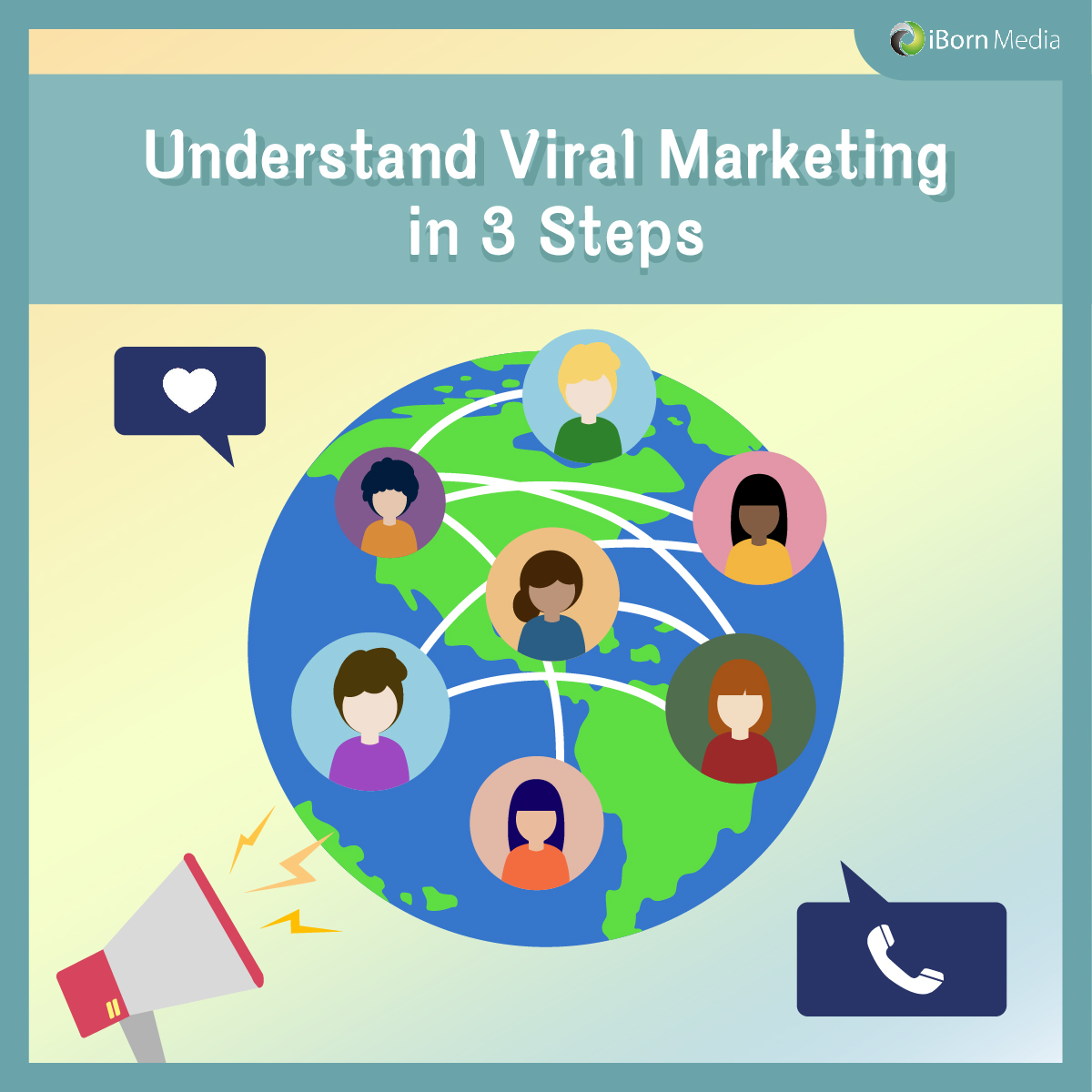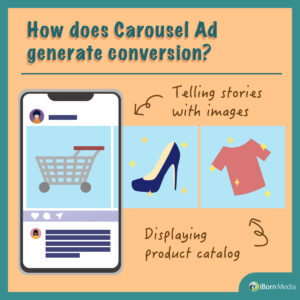![]()
What is Viral Marketing? Just as what you could imagine, it allows your brand to spread insanely as a virus. Take Coca-Cola as an example. The ‘Share a Coke’ campaign combined personalized “name bottle” with Hashtag as a call-to-action virus campaign (further reading: 【3 Successes of Personalisation from Coca-Cola】). In other words, the crucial key of viral marketing is to make consumers your best spokesperson. Next, let us slowly introduce the three main points of viral marketing.
1. Set your marketing goals
Before conceiving all marketing activities, you must think twice about what you would like to achieve. After setting up the indicators, you can focus on choosing the right marketing techniques. If you are operating an e-commerce platform and intend to boost sales, you can start with gift cards, discount codes, limited products, etc., or add the features of social platforms to allow interested customers to tag friends in the message area, so that more potential consumers Contact the brand. If you are providing non-physical products, such as application software, you can provide a short-term free trial or recommendation feedback mechanism.
2. Make good use of brand spokespersons
When it comes to viral marketing, the most familiar one must be the Ice Bucket Challenge for ALS. Challengers get a bucket of ice water, pour it on their head, and then nominate another person to complete the challenge. Thanks to the participation of well-known celebrities (such as Mark Zuckerberg, Bill Gates, Jeff Bezos, etc.), a large number of citizens rushed to upload their own challenge videos. In less than two months, more than 28 millions people on Facebook uploaded or commented on related posts, with over $220M raised on the Internet. Undoubtedly, celebrity endorsement can quickly gain noise and recognition, but it is not the only choice. For example, some baby care brands will also use Micro-influencer (further reading: 【3 Best Marketing Strategies to Target Moms】) to attract potential customers and create their own “Viral Loop”.
3. Master the habits of target customers
The Coca-Cola #ShareACoke Hashtag campaign was well-designed based on the habits of young people. Similarly, E.l.f cosmetics alerted that Gen Z was obsessed with TikTok, so they created a new song and hashtag specifically for the event, encouraging users to post their videos. In the end, E.l.f received more than 2.8 million videos. From these examples, we can see that the cornerstone of viral marketing is to understand your audience. Why do customers “promote” for you obediently? How to achieve high benefits with low cost? The reason behind is to go deep into their lives and understand their preferences and habits.




